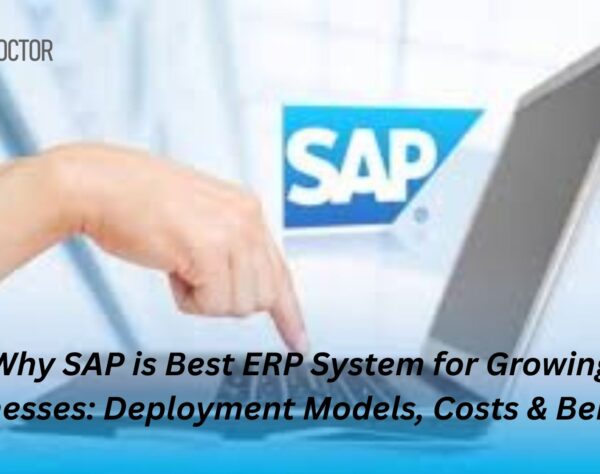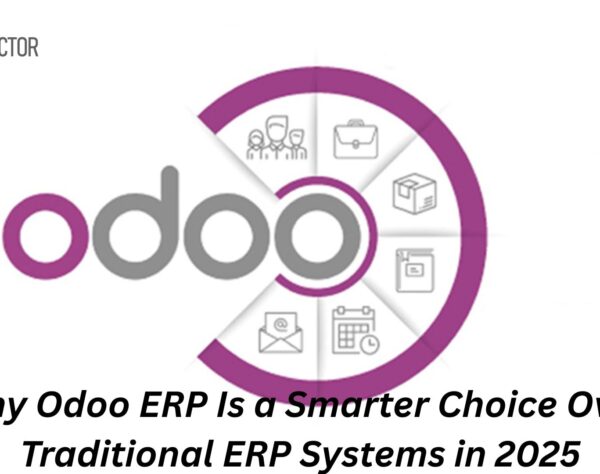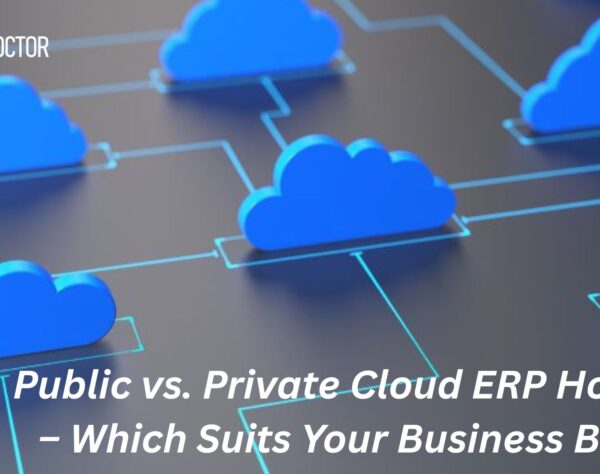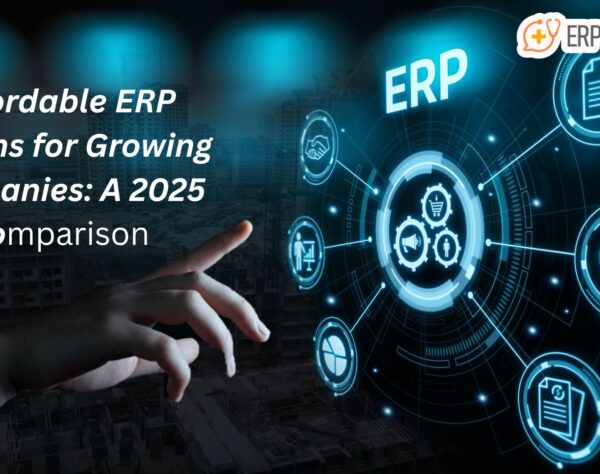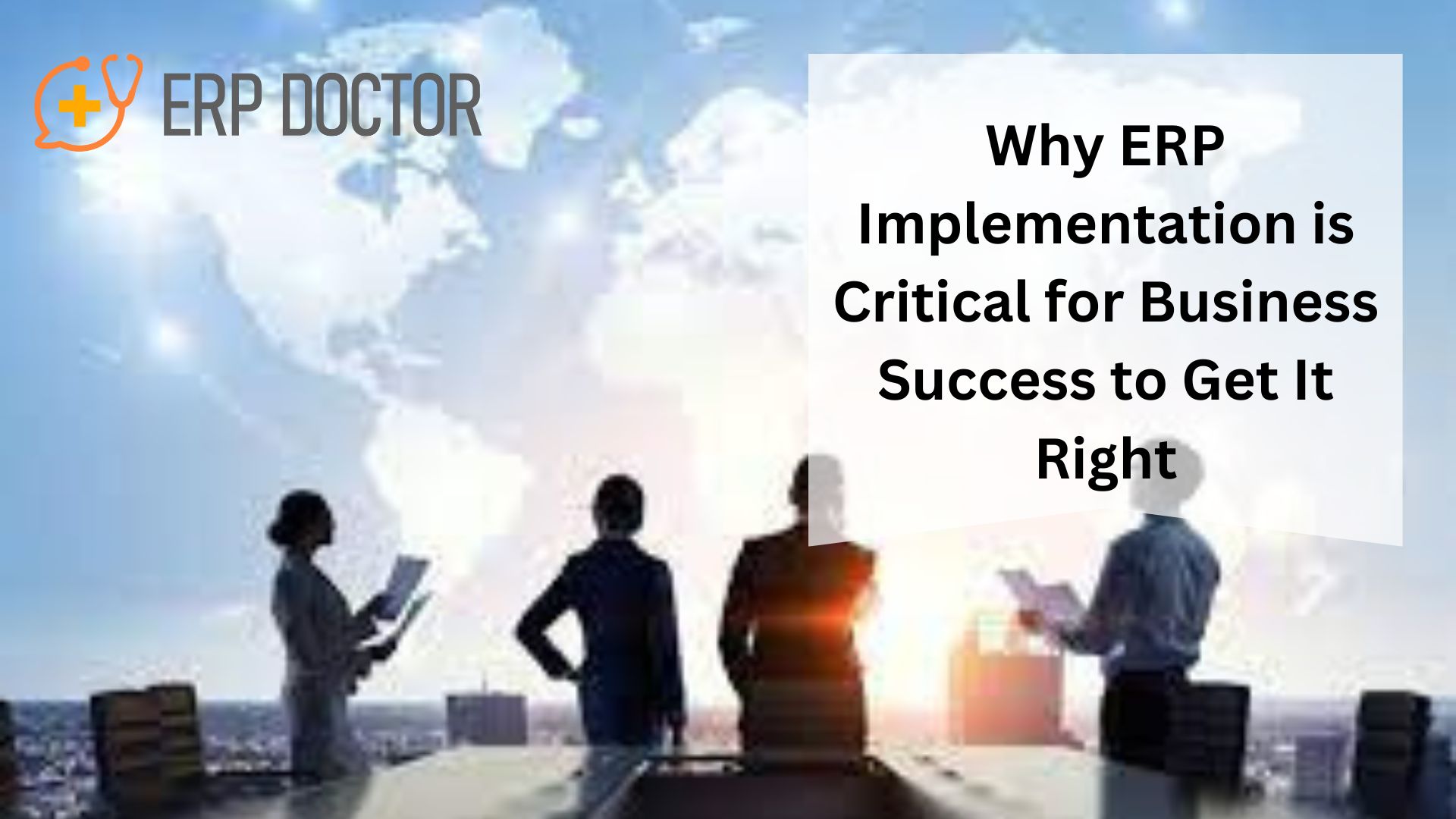
Why ERP Implementation is Critical for Business Success to Get It Right
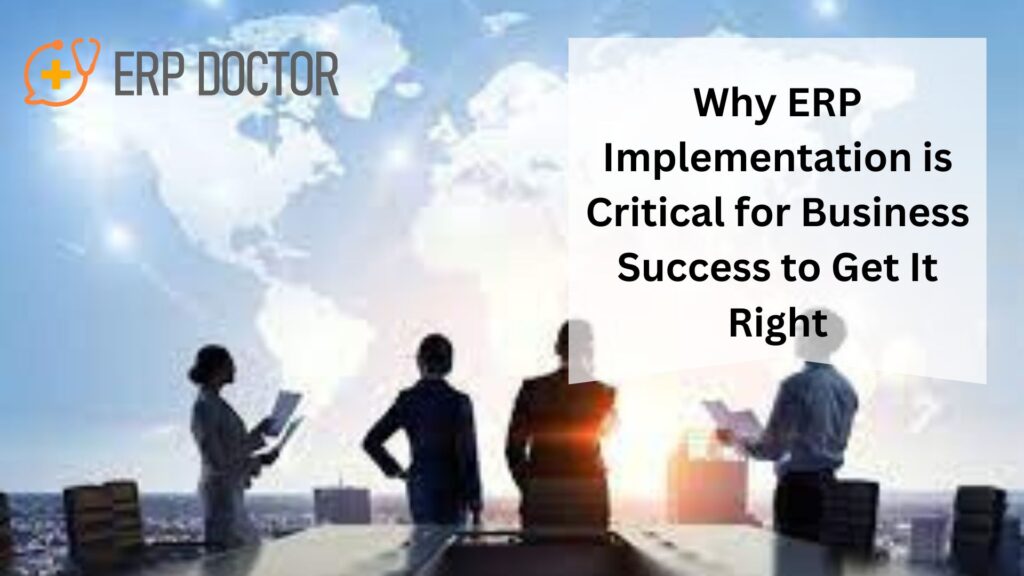
Master ERP Solutions: Transform Your Business with Effective Implementation
In today’s fast-paced business environment, organizations are increasingly relying on ERP (Enterprise Resource Planning) systems to streamline their operations, improve efficiency, and drive growth. With the growing complexity of business processes, an ERP solution can provide businesses with a comprehensive toolset to manage everything from inventory to accounting in one centralized platform. In this blog, we will discuss what ERP is, its benefits, and why ERP implementation is crucial for modern businesses.
What is ERP?
ERP stands for Enterprise Resource Planning, which is a type of software that helps businesses manage and integrate the important parts of their operations. An ERP system can handle a variety of functions, including accounting, human resources, inventory management, sales, and customer relations, all from a single database. By centralizing these functions, ERP solutions enable businesses to streamline their operations and make data-driven decisions more effectively.
The Benefits of ERP Solutions
- Improved Efficiency One of the main reasons businesses implement ERP systems is to improve overall efficiency. By automating routine tasks and eliminating the need for manual data entry, ERP software helps save time, reduce errors, and allow employees to focus on more strategic tasks.
- Better Decision-Making With all business data housed in one centralized location, ERP systems provide real-time insights into key performance indicators (KPIs). This data-driven approach allows businesses to make informed decisions and stay ahead of the competition.
- Scalability As your business grows, so too do its needs. ERP solutions are designed to scale with your business. Whether you’re expanding into new markets or increasing your product line, an ERP system can adapt to support your growing requirements.
- Cost Savings By improving operational efficiency, reducing errors, and automating tasks, ERP solutions can significantly reduce operational costs. Furthermore, they can help businesses better manage their cash flow and inventory, avoiding overstocking or understocking, which can result in costly inefficiencies.
- Enhanced Collaboration ERP systems break down silos within an organization by providing a shared platform for different departments to collaborate. Whether it’s sales, finance, or production, all teams can access real-time data and communicate more effectively, leading to better teamwork and productivity.
ERP Implementation: A Critical Step for Success
ERP implementation is the process of integrating an ERP system into your organization’s daily operations. Successful ERP implementation requires careful planning, customization, and training to ensure that the software meets your specific business needs. Here are the key steps to ensure a smooth ERP implementation:
1. Needs Assessment
Before beginning the implementation process, it’s crucial to assess your business’s needs. Understand what your current systems are lacking, which processes need improvement, and what functionalities you want from the ERP software.
2. Choosing the Right ERP Solution
Selecting the right ERP solution is key to the success of your implementation. There are many ERP systems on the market, ranging from general solutions to industry-specific platforms. Ensure the solution you choose aligns with your business needs, goals, and future growth.
3. Customization and Integration
Every business is unique, and your ERP solution may need some level of customization to match your workflows. Additionally, integrating the ERP system with your existing software and systems (such as CRM or supply chain management software) is critical to ensuring smooth operations.
4. Training and Support
One of the biggest challenges in ERP implementation is user adoption. Employees need to be trained on how to use the new system to ensure they are comfortable with its features and functionality. Providing continuous support post-implementation is also essential to addressing any issues that arise.
5. Continuous Monitoring and Improvement
After implementation, it’s important to continuously monitor the ERP system performance. Regularly assess how well the software is meeting your business goals, and make any necessary adjustments. Your ERP solution should evolve with your business to ensure long-term success.
Choosing the Right ERP Solution for Your Business
Selecting the right ERP solution can be a daunting task given the numerous options available in the market. Factors such as your business size, industry, and specific requirements must be considered when making a decision. Here’s a brief guide to help you navigate through the selection process:
- Assess Your Requirements: Identify the specific needs of your business, including the features and modules you need (e.g., finance, HR, supply chain management). Consider scalability, integration capabilities, and customization options.
- Research ERP Vendors: Look for vendors with experience in your industry. A vendor who understands your sector will offer more tailored solutions, ensuring that the ERP system supports your unique needs.
- Budget Considerations: ERP solutions come with varying price tags depending on their features, scalability, and the number of users. Ensure your budget aligns with the solution you choose, but also consider the long-term ROI an ERP system can provide.
- Customer Support and Training: Choose a vendor that offers robust customer support and training programs. Your team should be able to get help when needed and be fully trained to utilize the ERP system effectively.
Incorporating an ERP solution into your business strategy is no longer a luxury but a necessity for staying competitive. Whether you’re looking to improve efficiency, reduce costs, or make better data-driven decisions, an ERP system can provide the tools needed for success. ERP implementation is a significant undertaking, but with the right planning and execution, the results will be well worth the effort.
FAQs on ERP: Understanding ERP Implementation and Benefits
1. What is ERP and why is it important for businesses?
ERP (Enterprise Resource Planning) is software that helps businesses manage and integrate key operations, like accounting, inventory, and human resources. It’s important because it streamlines processes, improves efficiency, and helps businesses make data-driven decisions.
2. What are the benefits of using an ERP solution?
The main benefits of ERP solutions include improved efficiency, better decision-making through real-time data, cost savings, enhanced collaboration across departments, and scalability as your business grows.
3. How long does ERP implementation take?
The duration of ERP implementation depends on factors such as the complexity of the business processes, the ERP system chosen, and the level of customization required. It can take anywhere from a few months to over a year for a full implementation.
4. What is involved in an ERP implementation?
ERP implementation typically involves assessing business needs, choosing the right ERP system, customizing it to fit those needs, integrating it with existing software, and training staff to use the system effectively.
5. How do I choose the right ERP solution for my business?
When choosing an ERP solution, consider your business needs, industry-specific requirements, scalability, integration capabilities, and budget. It’s also essential to choose a vendor that offers strong customer support and training.
Are you ready to streamline your business processes with an ERP solution? Explore the various ERP solutions available and start your ERP implementation journey today to unlock the full potential of your business operations.
Warning: Trying to access array offset on value of type null in /home/u231991539/domains/erpdoctor.in/public_html/wp-content/plugins/wpforms/includes/class-frontend.php on line 109




